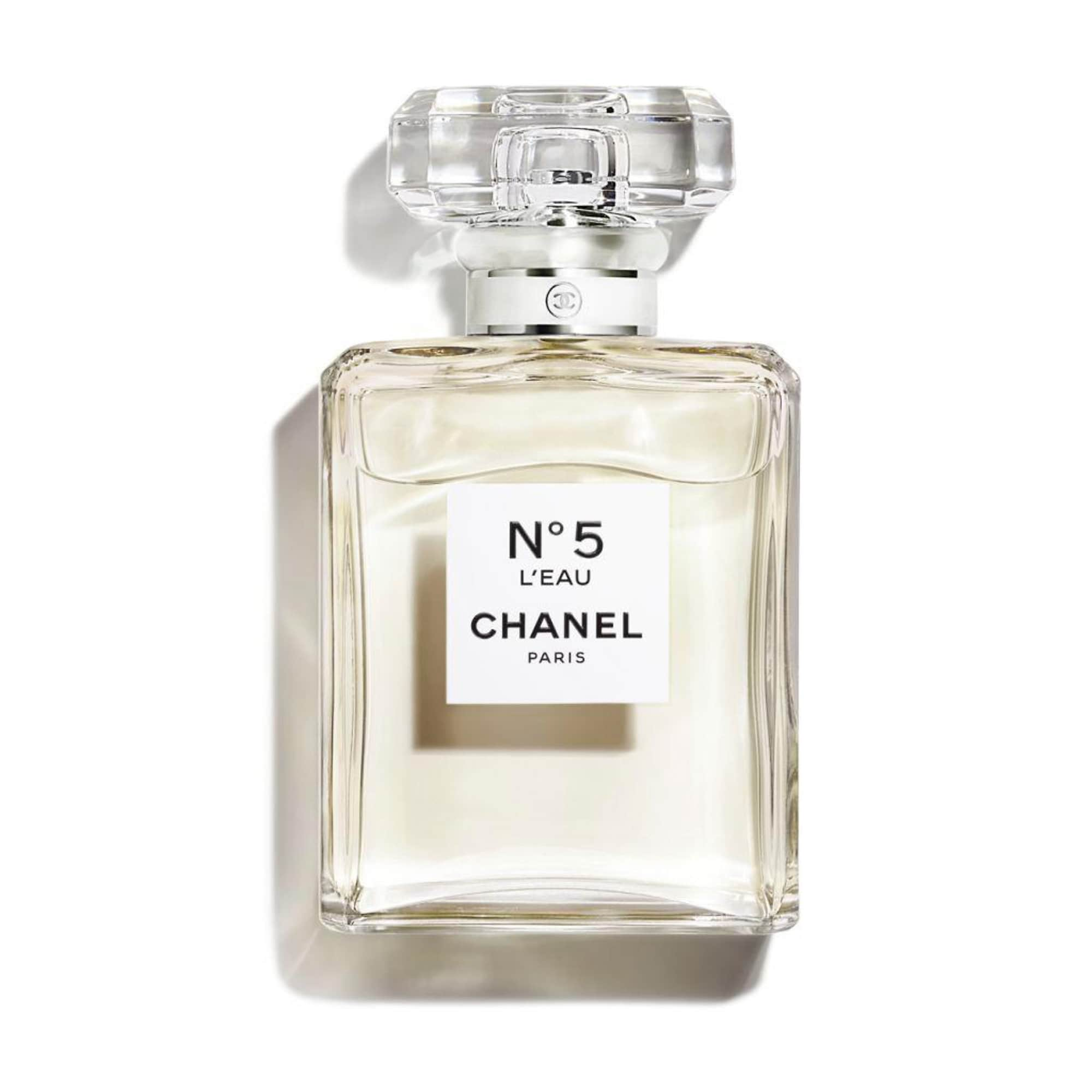Pulse of Information
Your source for the latest insights and updates.
Chanel: Where Classic Meets Controversial
Discover how Chanel blends timeless elegance with bold controversy – a journey through fashion's most iconic brand!
The Evolution of Chanel: Bridging Timeless Elegance and Modern Controversy
The evolution of Chanel is a captivating journey that epitomizes the intersection of timeless elegance and modern controversy. Founded in 1910 by the revolutionary Gabrielle 'Coco' Chanel, the brand quickly rose to prominence with its innovative designs that liberated women from the constraints of corsetry. Iconic pieces such as the Chanel No. 5 fragrance and the classic Chanel suit have cemented the house’s legacy in the world of fashion, representing a significant shift towards comfort and simplicity. Her vision of modern femininity transformed standard notions of beauty, making Chanel synonymous with sophistication as well as empowerment.
However, the path of Chanel has not been without its share of controversies. In recent years, discussions surrounding the brand's historical ties to World War II and allegations regarding Coco Chanel's relationships with Nazi officials have sparked debates about the brand's image and integrity. As Chanel continues to evolve under new creative directions, including the innovative leadership of Karl Lagerfeld and now Virginie Viard, the brand faces the challenge of reconciling its illustrious history with modern sensibilities. Navigating public perceptions while maintaining its luxurious reputation is essential for Chanel as it endeavors to stay relevant in a rapidly changing fashion landscape.

Chanel's Most Controversial Moments: A Deep Dive into Fashion's Boldest Statements
Chanel has often been at the forefront of fashion, sparking discussions and debates with bold statements that challenge societal norms. One of the brand's most controversial moments occurred in the 1920s when Coco Chanel introduced the concept of the modern woman’s wardrobe, which included the revolutionary little black dress. This daring design was initially dismissed by many, yet it transformed perceptions of femininity and elegance, allowing women to embrace a style that was both chic and comfortable. The little black dress not only became an essential piece in every woman’s closet but also ignited conversations about gender roles and the liberation of women in fashion.
Another striking moment in Chanel's history came with the launch of the Chanel No. 5 perfume in 1921, which was marketed not just as a fragrance but as a symbol of modern femininity. The iconic advertisement featured legendary figures and outright challenged traditional beauty standards by embracing strong personalities rather than conventional ideals. This marketing approach was groundbreaking, as it aligned the brand with the burgeoning feminist movements of the time and provoked discussions about women's empowerment through personal expression and choice. Chanel's audacious decisions reflect not just fashion trends but also larger cultural shifts, making the brand a perennial subject of interest and debate.
How Chanel Redefined Feminine Fashion: Classic Elements with a Twist
Chanel revolutionized the concept of feminine fashion by infusing traditional elements with modern sensibilities, creating a unique aesthetic that continues to influence today's style trends. The iconic Chanel suit, with its tailored silhouette and luxe fabrics, exemplifies this blend of classic design and contemporary practicality. By prioritizing comfort without sacrificing elegance, Chanel paved the way for women to express their individuality and strength through fashion, breaking free from the constraints of Victorian styles.
Moreover, Chanel's use of luxury materials in unexpected ways transformed the fashion landscape. The introduction of jersey fabric into women's couture not only showcased her innovative spirit but also made high fashion more accessible. This practical yet chic approach allowed women to embrace both style and functionality. With elements like the little black dress and the Chanel No. 5 fragrance, the brand encapsulated the essence of femininity, proving that classic could indeed be redefined with an artistic twist.